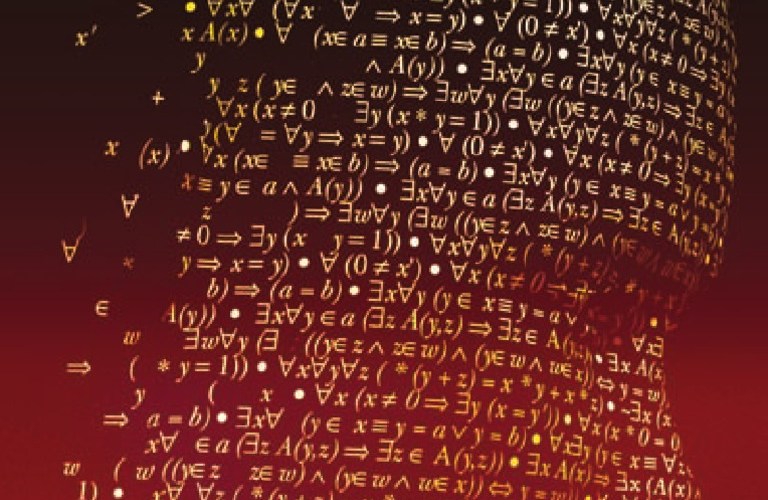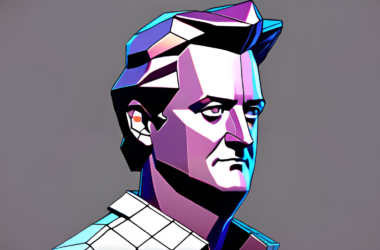After watching the excellent Arrival, I was compelled to find and devour the short story that inspired the plot in that movie. This is a persistent habit of mine, seeking out source materials that inspire a creative work, particularly if that inspiration came from a different medium. As you may guess, the most common pairing is taking a novel and translating it to the big screen1, and it’s fascinating to see how a screenwriter and director try to condense a lengthy plot into a movie-sized summary, while adding cinema tropes and storytelling techniques that play better with audiovisual cues than as words off a page.
In any case, Stories of your Life and Others is the source material for Arrival; specifically, the short story Stories of your Life. The positive note here is that both the movie and the short story are worth your time: the written work presents its scenario and digs into the nature of language, and the movie smartly adds to that baseline story and ups the stakes to provide the necessary cinematic tension.
Beyond that one story, this collection of Ted Chiang’s work is remarkable, both in variety but also just in the quality of writing and storytelling. Having been on a recent binge on sci-fi short stories—The Wandering Earth and Invisible Planets—this compilation hits on a bunch of satisfactory notes.
Each story has its own world and its own rules. Since this is categorized as science fiction, the difference between that world and our familiar surroundings tends to be technological, but he often does not make that the focus of his stories2. Because this usually isn’t implicit, it takes some time for each story to unwind itself to present its unique scenario, which is a great way to ease yourself into critical parts of the plot.
Chiang gets away with drawing things out because he’s a gifted storyteller who uses his prose, characters, and style to his advantage. The closest descriptor I can think of would be “humanist”; he makes an investment in the characters and worlds that he builds up, layering rituals and cultures and emotions and motivations that provide a sense of realism—albeit usually not of this world—that is truly difficult to do well. I see the author as a storyteller first and a science fiction writer second, and it’s an approach that I wish more sci-fi work would emulate.
My favorite short story is probably Understand3. The story is centered around a patient who gets injected with an experimental drug and becomes exponentially smarter, to the point where they’re outthinking others multiple steps ahead and regard regular humans as an inferior form of life. It strongly echoes Flowers of Algernon, but also manages to crib some of the themes around post-humanity that were explored by the likes of the X-Men comic books and is persistently relevant with medical advancements. And like any good sci-fi tale, it leaves the reader with a sense of “what if” wonderings.
Stories of your Life and Others is an awkward title for an awesome book. I highly recommend this to anyone who has an appreciation for the fantastic, the strange, or simply, the human.
The strangest one I’ve come across so far: taking a video game series that barely has a story and fabricating multiple books from it.↩
Which is already a marked contrast to that of some other famous sci-fi authors like Neal Stephenson or Liu Cixin. ↩
Which is getting its own movie treatment.↩




